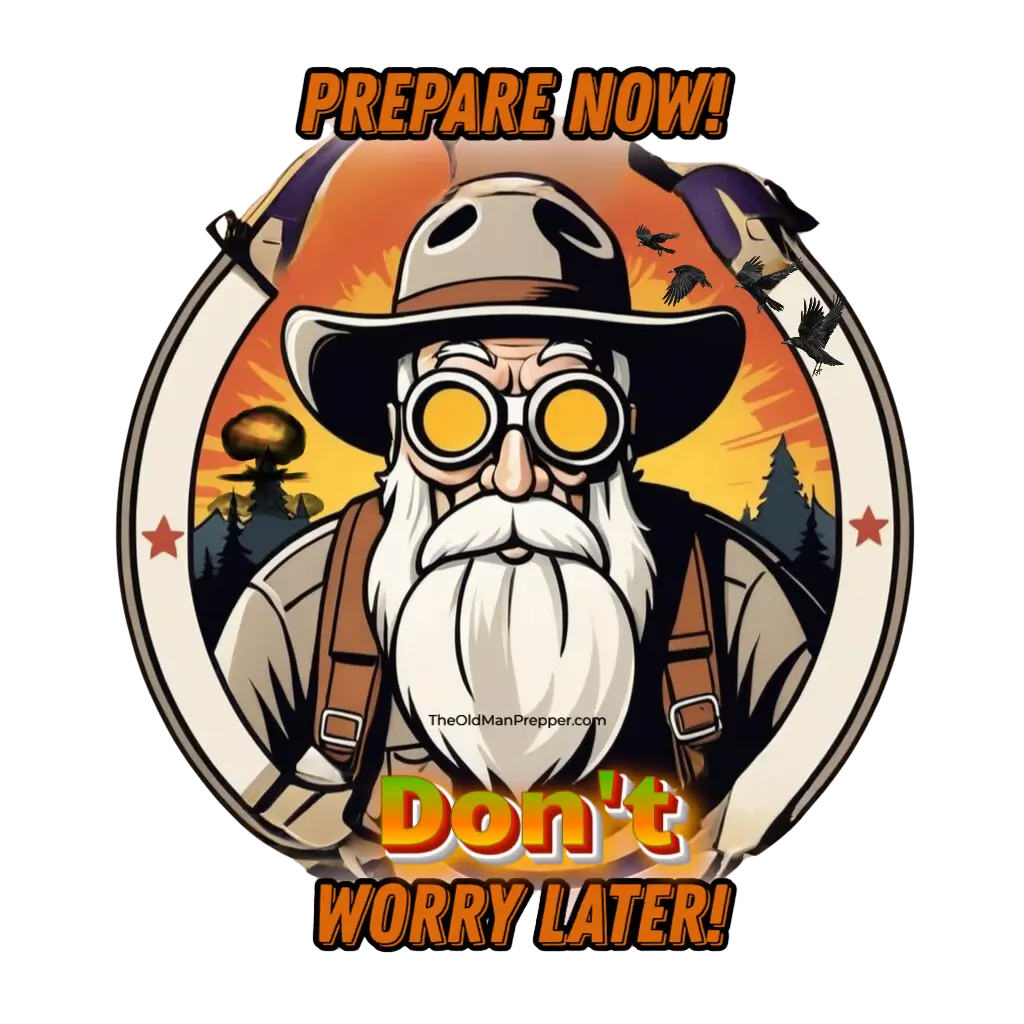Where Does My Responsibility End and Yours Begin? A Senior Prepper’s Perspective
For over three decades, I’ve learned that when a crisis hits, relying on anyone else—no matter how well-intentioned—can leave you high and dry. As someone who’s weathered more than my fair share of economic downturns, natural disasters, and societal shifts, I can say with certainty that the only person you can truly depend on is yourself.
The recent global events have shown us just how fragile our modern conveniences can be. Supply chain disruptions have made headlines around the world. For instance, when geopolitical tensions flared last year, a Reuters report highlighted that key imports were delayed, leaving store shelves empty and consumers scrambling. Similarly, a CNN article noted that energy shortages led to sporadic blackouts in several regions, impacting everything from home heating to the functioning of essential medical services. These incidents, among many others, clearly illustrate that the safety net we often take for granted can vanish in the blink of an eye.
I remember vividly the early days of the COVID-19 pandemic. I watched as panic buying emptied grocery stores, leaving communities without basic supplies. People who had never thought about prepping suddenly found themselves in a scramble, and many realized too late that they were not prepared for extended disruptions. Stories emerged of long lines, empty parking lots, and a general sense of uncertainty. Those experiences reinforced a truth that I’ve held onto all these years: preparedness is personal responsibility, not a communal burden.
Let’s consider another example: natural disasters. In the wake of Hurricane Ida, countless families were forced to evacuate on short notice. With roads blocked and communications down, many realized that emergency services were stretched thin. Neighbors were left to fend for themselves. I recall a story from the New York Times about a small town that was cut off for days after a severe storm. In that case, families who had taken the time to stock up on food, water, and essential supplies were able to ride out the storm with minimal hardship. In contrast, those who assumed help would arrive quickly ended up struggling to survive until aid finally came.
These situations bring up a recurring question: Should I be expected to shoulder the burden of someone else’s lack of preparation? Frankly, no. I’ve spent years meticulously planning and building a stockpile to ensure that my family can weather any storm—be it a natural disaster, a pandemic, or a supply chain hiccup. I’m not in the business of becoming a community pantry for every unprepared person.
Imagine if you will: a neighbor drops by unexpectedly, expecting a meal cooked with ingredients you had painstakingly hoarded for emergencies. They may have heard from a popular news outlet that “help is on the way” or “we’re all in this together,” but those headlines rarely reflect the harsh reality when crisis strikes. In my experience, it’s always better to assume that when the going gets tough, the most reliable help is your own foresight and planning.
I often see people saying, “I’m prepared enough,” yet their actions don’t match their words. It’s like waiting for a government relief package that may or may not arrive on time. When recent events have shown us that even large organizations can falter under pressure, it only makes sense to double down on your personal responsibility. Preparing for the worst-case scenario doesn’t mean you’re being selfish—it means you’re ensuring that you and your loved ones aren’t left vulnerable.
Take, for instance, the current fuel shortages reported by several national outlets. As gas prices soared and pumps ran dry in some areas, those who had stored extra fuel or alternative power sources found themselves in a much stronger position than those who didn’t. Similarly, during the last food shortage scare, families with a well-thought-out plan, complete with non-perishable items and emergency cooking supplies, were able to maintain a sense of normalcy while others struggled to find basic necessities.
The bottom line is this: there is no substitute for personal responsibility. When planning for a crisis, it’s not enough to rely on the hope that the system will support you when times get tough. History—and recent news—tells us otherwise. The choice is simple: invest time, effort, and resources into your own preparedness. If you expect help, make sure you’re in a position to offer it only after you’ve secured what you need for yourself and your family.
I’ve always encouraged open dialogue about these issues because no two situations are exactly alike. If you have strategies, insights, or even criticisms, I invite you to share your thoughts. Our survival depends not just on stockpiling supplies, but on learning from one another’s experiences and making informed decisions.
In a world where crises seem increasingly frequent and unpredictable, I stand by one unwavering truth: you owe it to yourself and your loved ones to be prepared. It’s not about being a miser or a hoarder—it’s about recognizing that, at the end of the day, your first duty is to protect your own. The next time you hear that help is on the way, remember that the only guarantee is your own preparedness. Stay safe, keep learning, and never stop planning for tomorrow.
